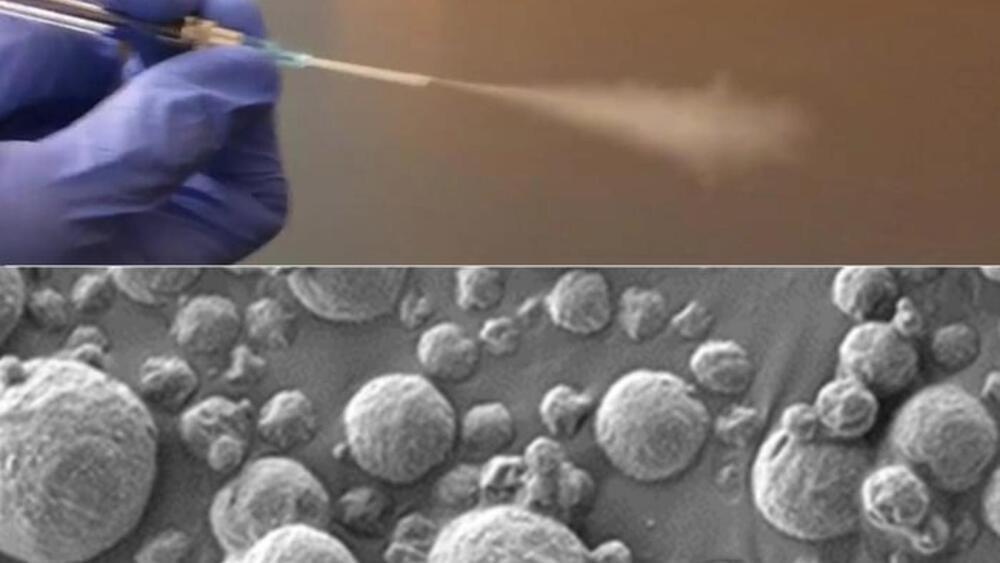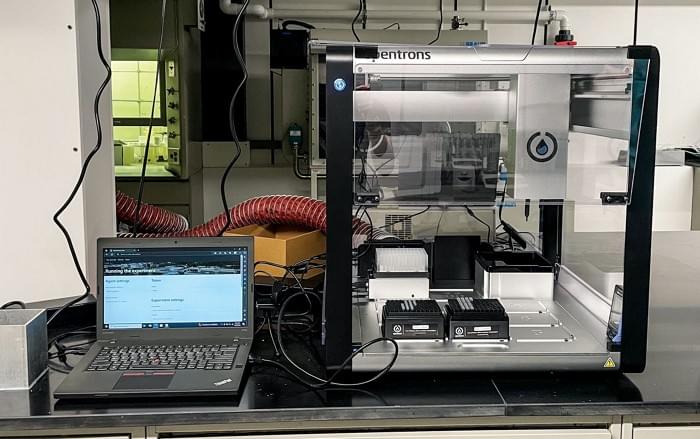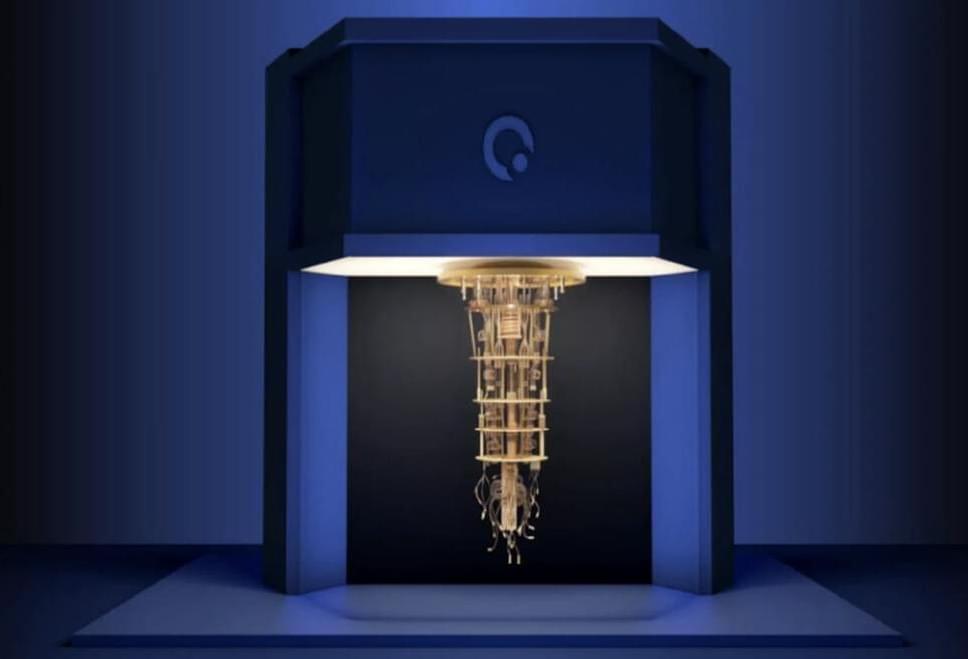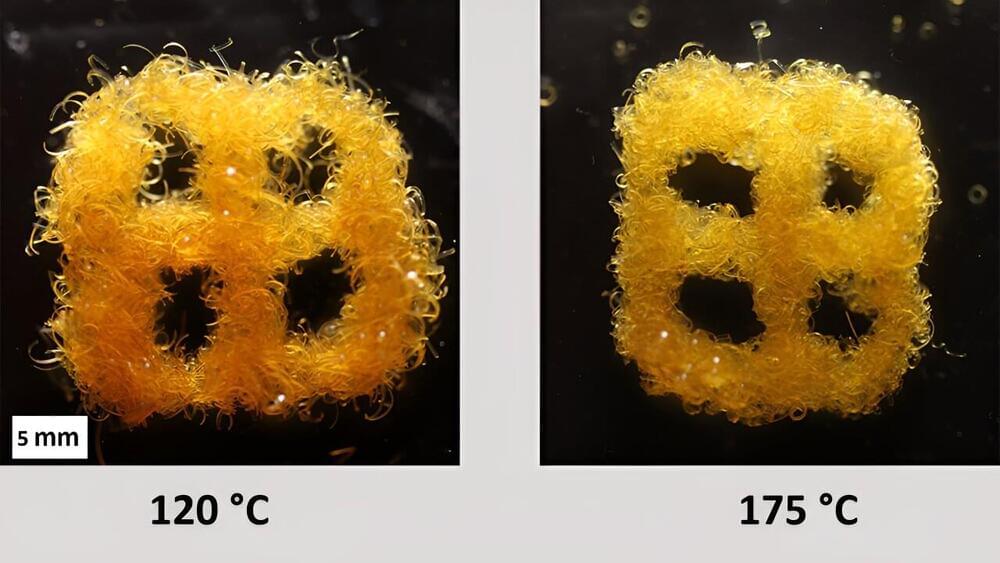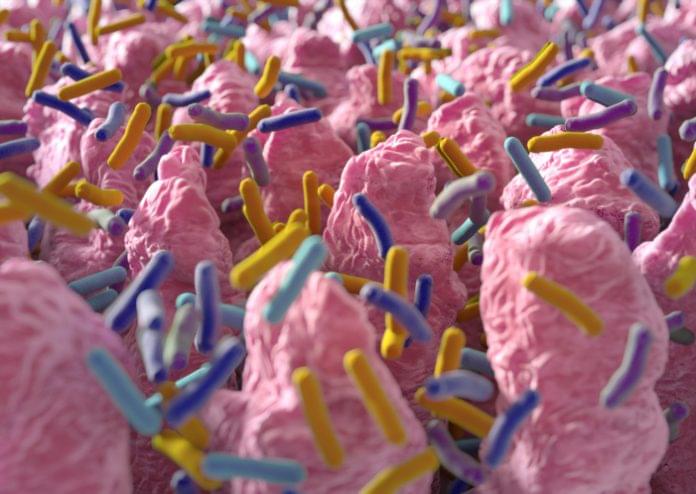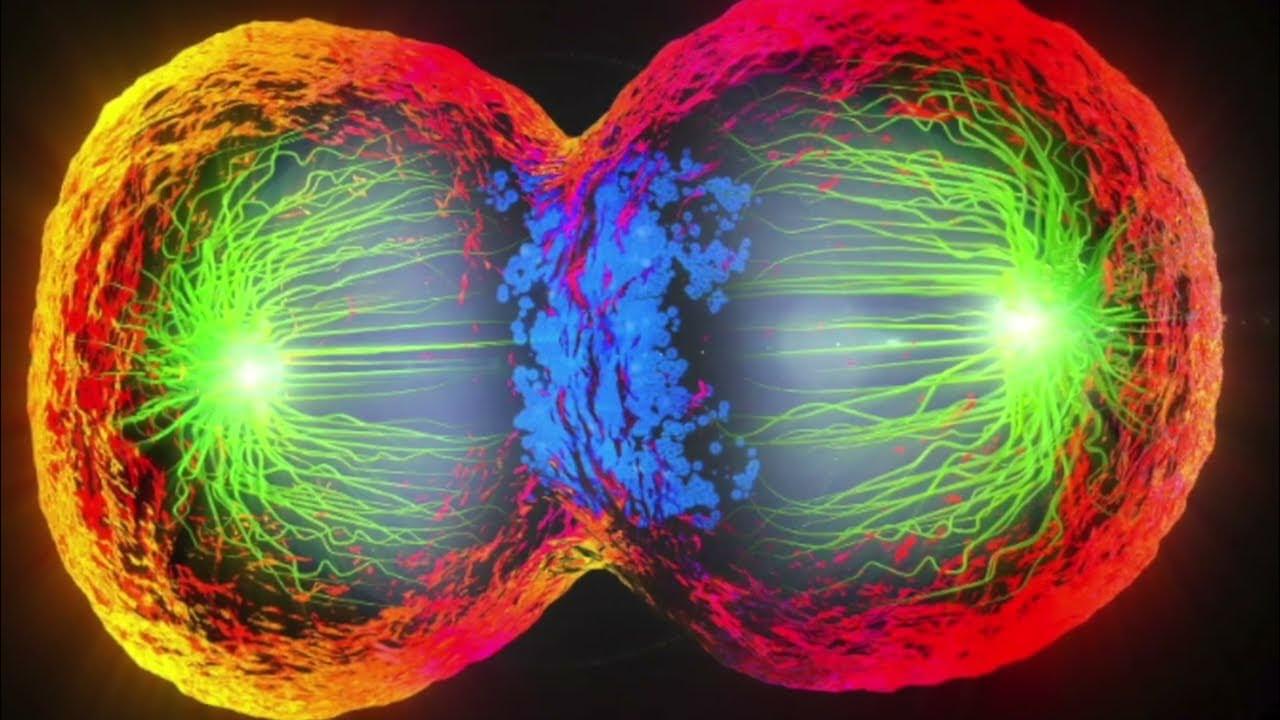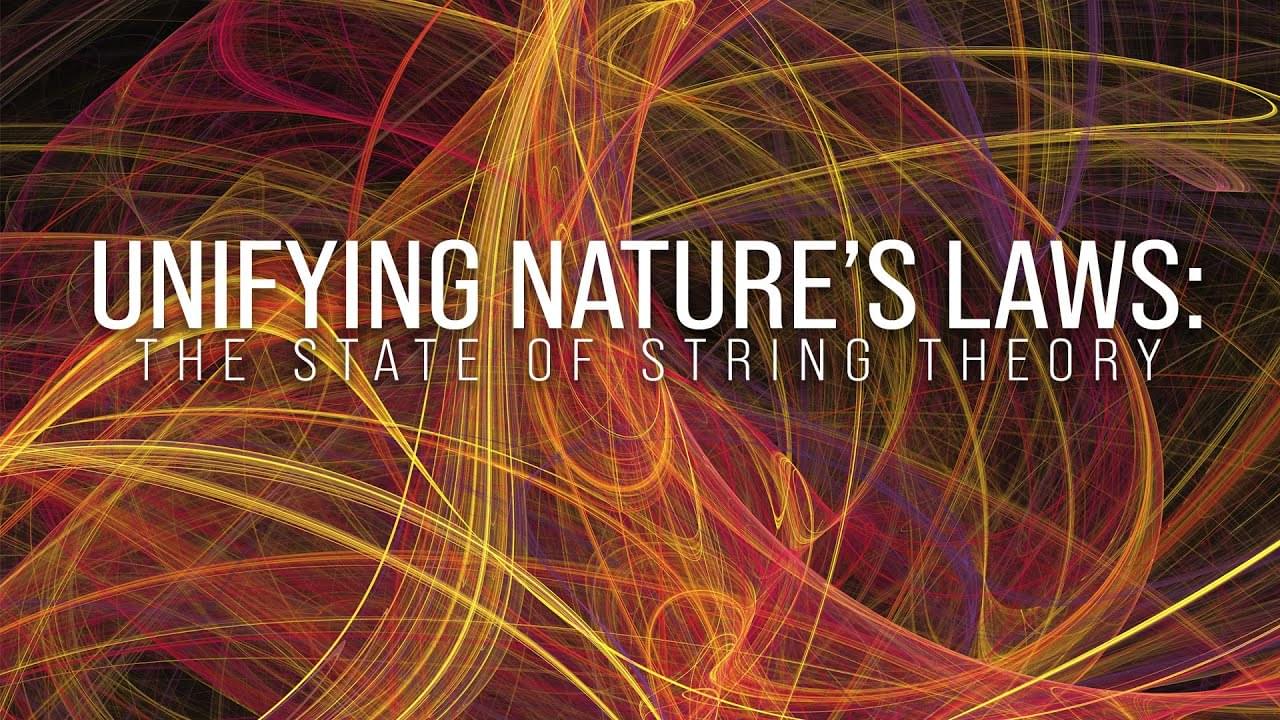Jan 7, 2024
MIT scientists create inhalable sensors to detect early lung cancer
Posted by Gemechu Taye in categories: biotech/medical, nanotechnology
The technique of inhaling nanoparticle sensors followed by a urine test may offer the potential for faster and early detection of lung cancer.
Scientists from the Massachusetts Institute of Technology (MIT) have introduced this cutting-edge medical technology, presenting a simplified approach to diagnosing lung cancer.
Additionally, this innovation holds particular promise for low-and middle-income countries where the accessibility of computed tomography (CT) scanners is limited.
